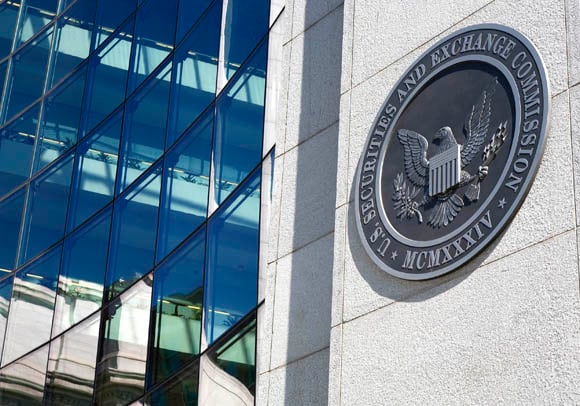Survey is the latest in institute's attacks on SEC's proposed reforms
Forcing money market fund sponsors to put up capital buffers to protect against losses in the funds could kill the industry, according to a study released Wednesday by the Investment Company Institute.
With Securities and Exchange Commission Chairman Mary Shapiro intent on implementing additional reforms to the $2.7 trillion money market fund industry, the ICI is hoping to stave off further regulations. The regulatory proposals include requiring a floating net asset value for the funds, putting redemption restrictions on investors in the fund, or forcing providers to maintain capital reserves against the fund.
Capital cushions aren't a solution, according to the ICI. “Our analysis shows that this approach, like the other money market fund changes being weighed by the SEC could undermine the money market fund as a product,” Paul Schott Stevens, president and chief executive of the ICI, said in a press release. “Financing for key sectors of the economy could be disrupted and systemic risk potentially increased, as cash balances of institutional investors migrate to less regulated, more opaque financial instruments.”
Capital buffers would absorb first losses in the funds, which unlike federally insured bank deposits, do not carry government guarantees. But the economics for product providers would be unmanageable — particularly in the current low interest rate environment — according to the study.
“The payback analysis shows that under current fee structures and market conditions, capital buffers of 1.5% to 3% would absorb every dollar of advisers' net earnings from money market funds for 18 to 43 years, depending on whether only Treasury securities or both Treasury and agency securities are excluded from a capital assessment. Even under best-case conditions, these buffer requirements would absorb at least eight to 20 years of advisers' profits from operating money market funds,” the study concluded.
While fund sponsors could pass the costs on to investors, it would likely price them out of the market, the study further suggested. The authors of the study acknowledged that fund sponsors have supported their money market funds at times in the past, but that forcing them to do so, “would be a radical departure from the current agency role that fund advisors play.”
When The Reserve Fund “broke the buck” after Lehman Brothers Holdings Inc. collapsed in 2008, the government was forced to guarantee investments in money market funds to prevent a mass exodus by investors. In 2010, the SEC implemented reforms requiring that funds reduce their credit, interest rate and liquidity risks. They have also improved their disclosures.
The ICI contends that the reforms have worked, and that no further regulations are required.
SEC spokesman John Nester had no comment in advance of any proposals the Commission may make.







